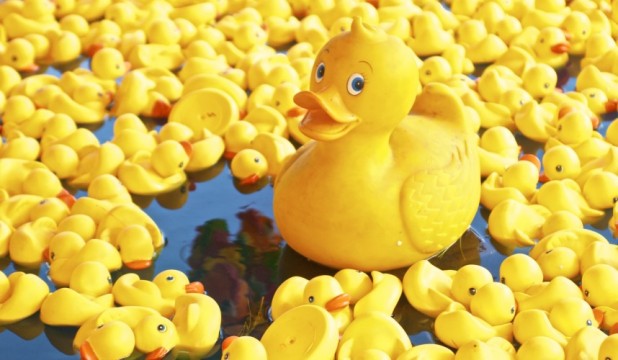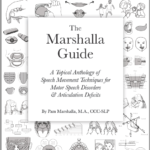Games Can Be Fantastic Therapy Tools...
I have always said that I can turn or modify any game into an educational experience. Me at my advanced years was thinking only about board games. Over the years I’ve been able to teach almost every single language skill through conventional games. Unfortunately, those days are numbered because it’s hard to collect data when your having fun. I was extremely pleased when I came across this article on Geekslp.com Angry Birds Educational Tool. This article truly validates what I already know. I am so glad the younger generation of SLP’s are able to see the value of games in learning. I love angry birds but never even thought to bring it into my therapy as a tool but I have used it as a reward. Why I never thought of this I don’t know. ...
read more


